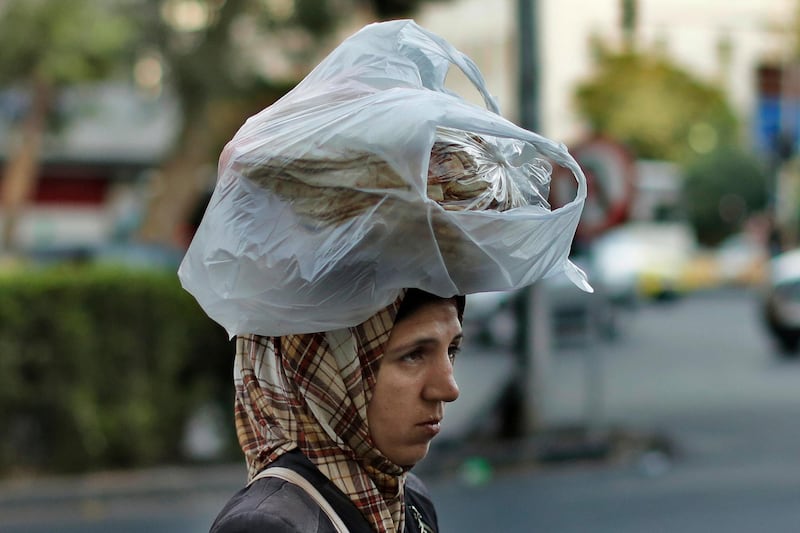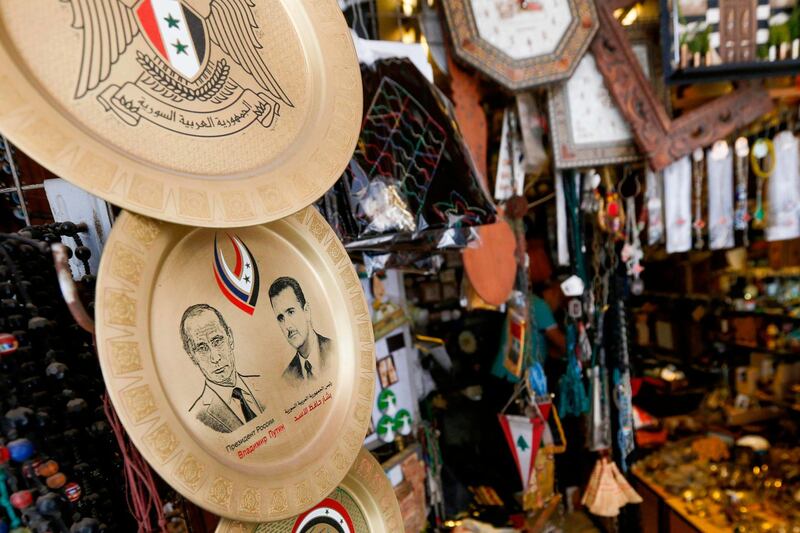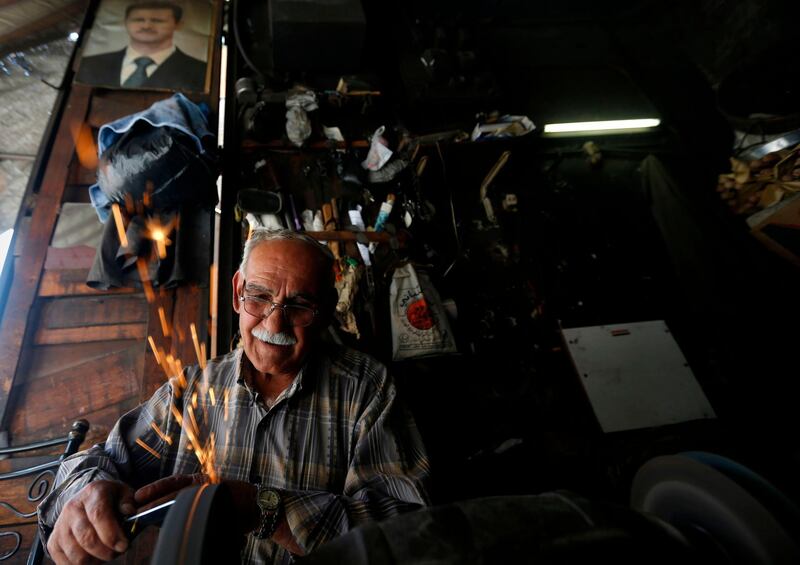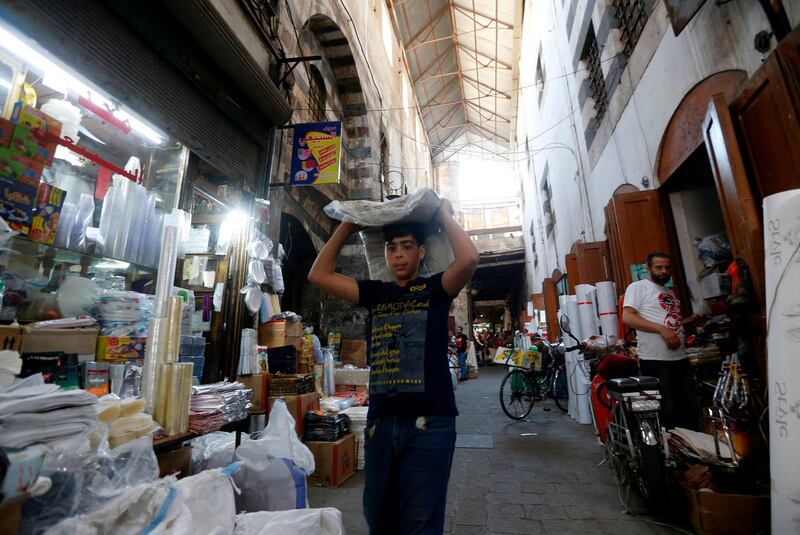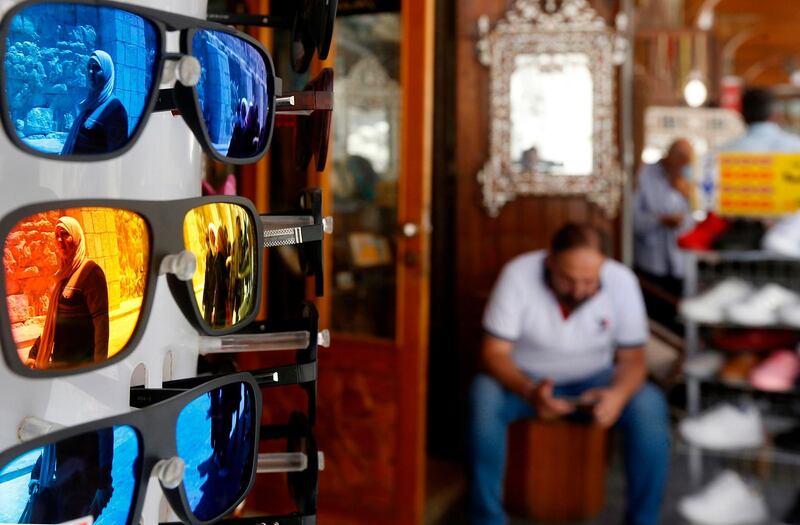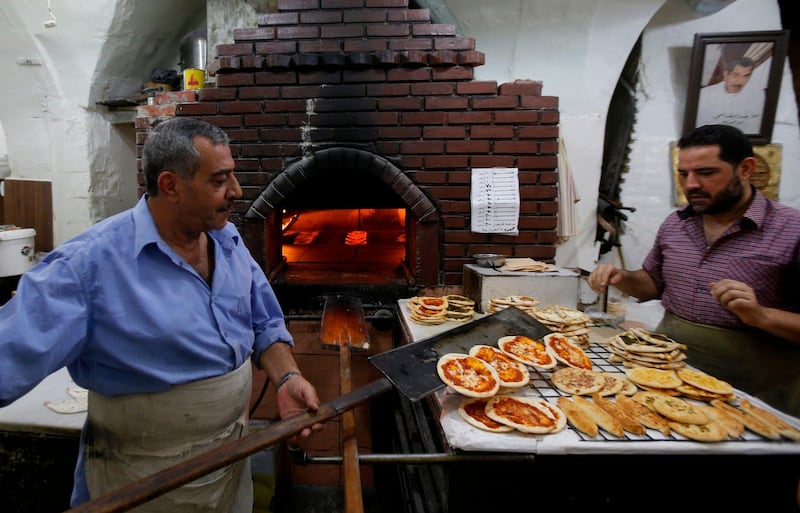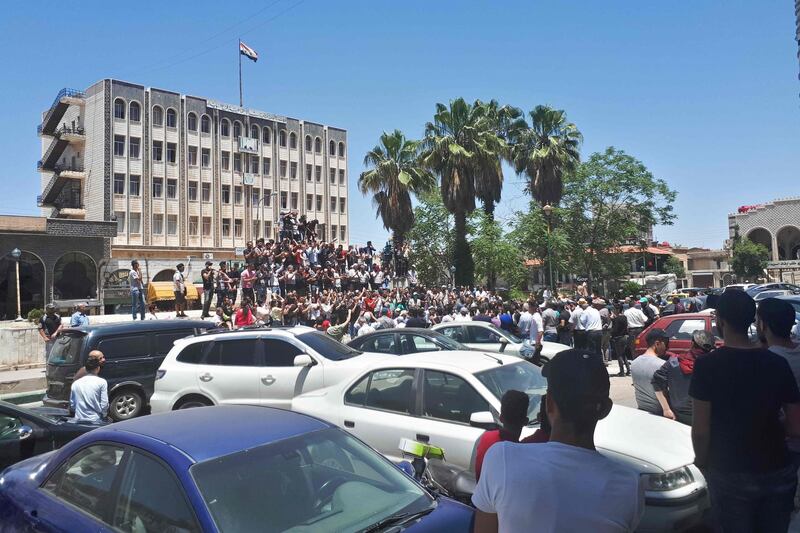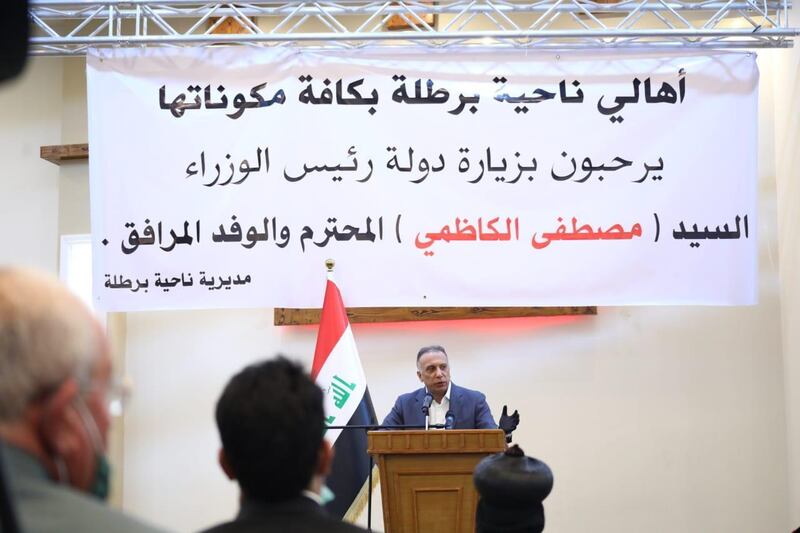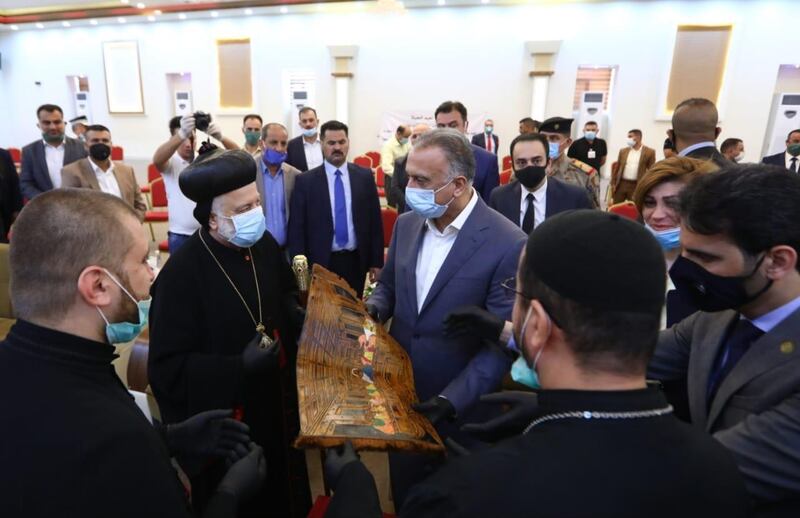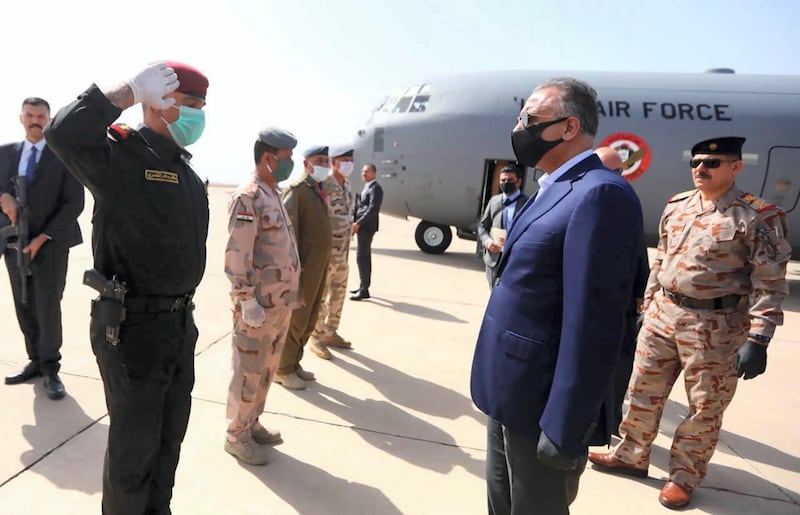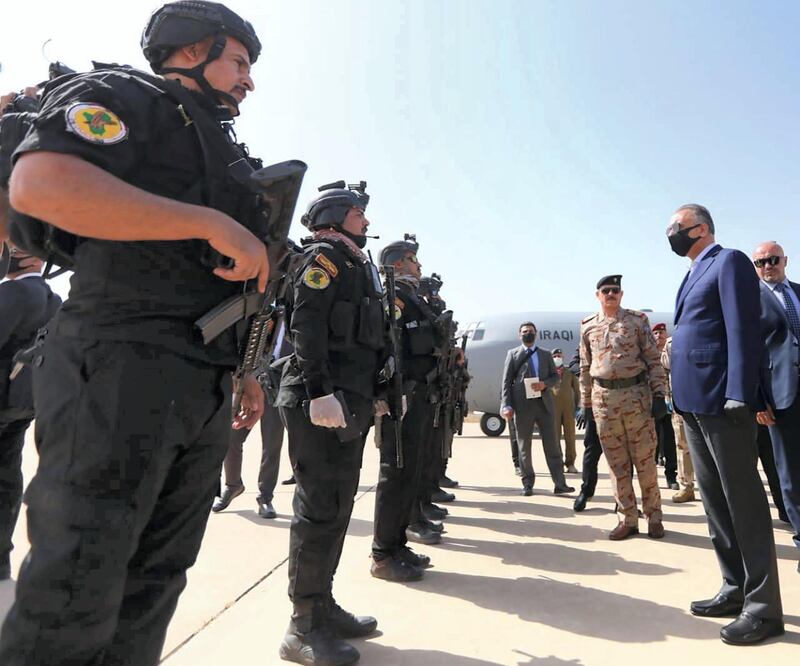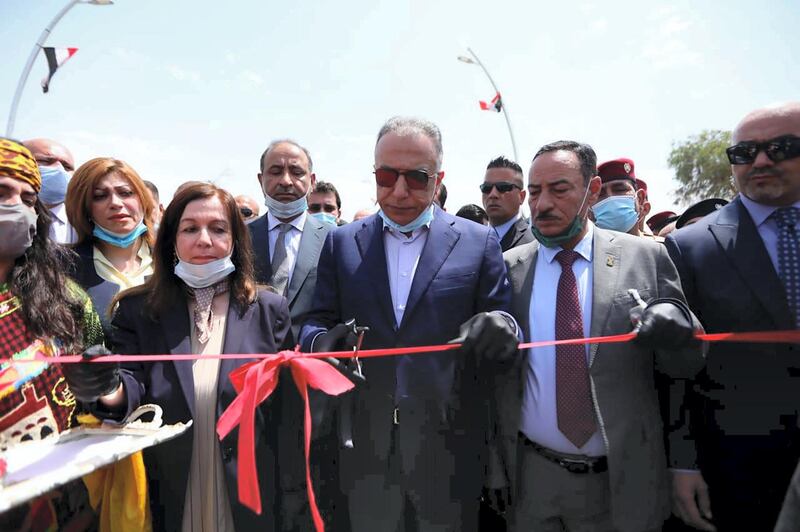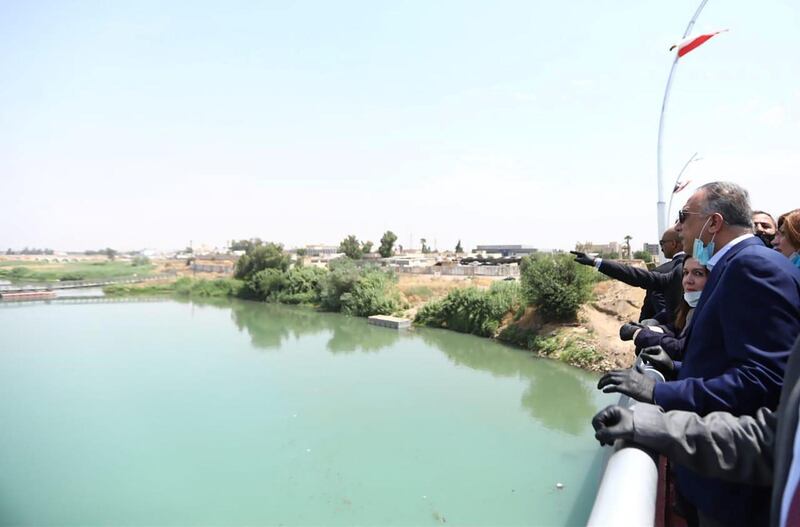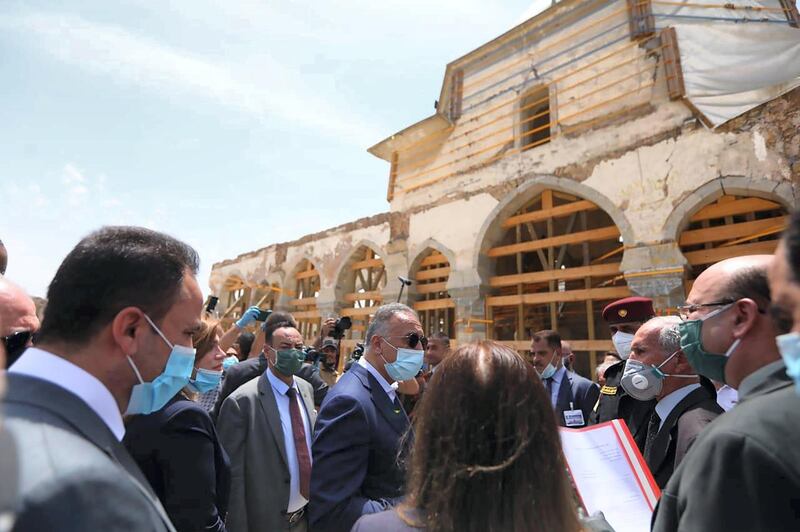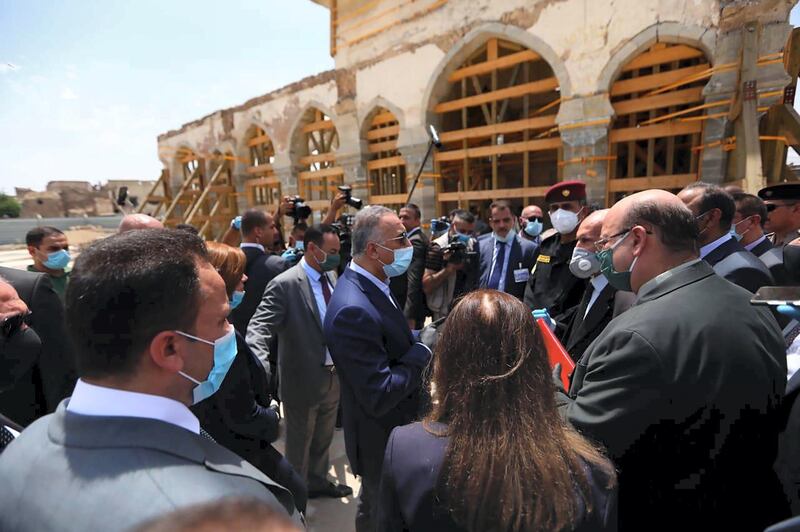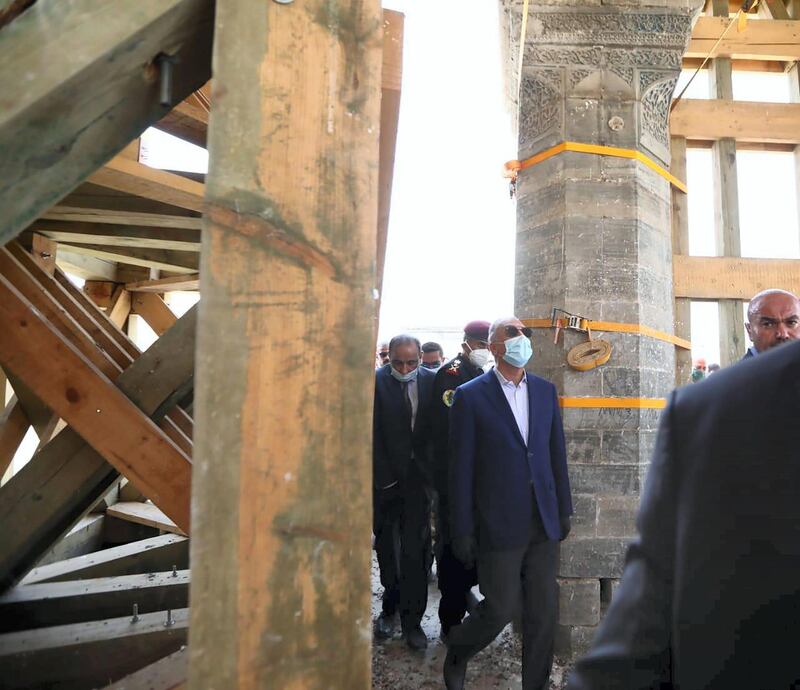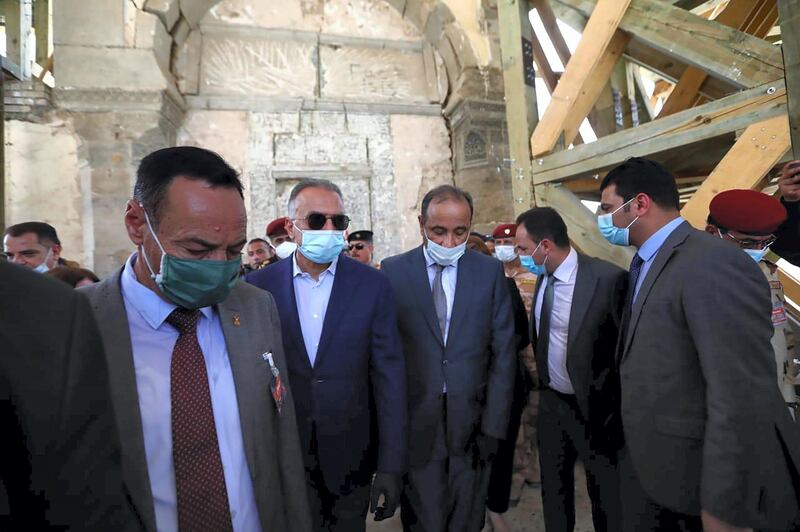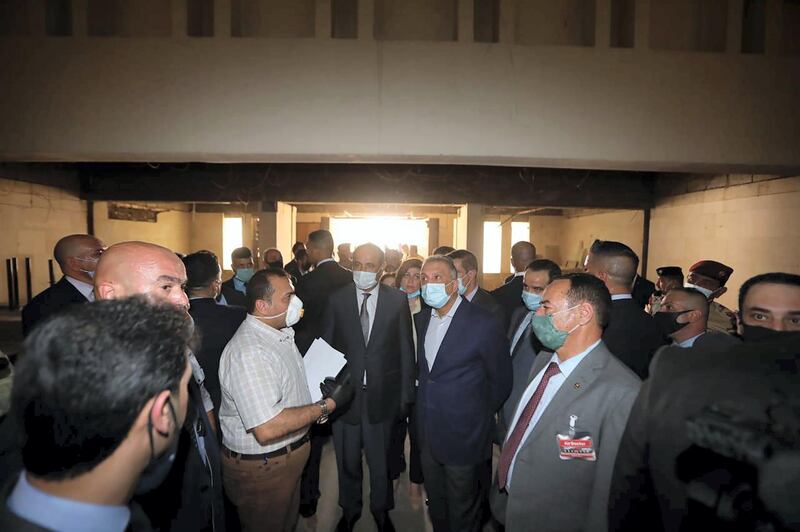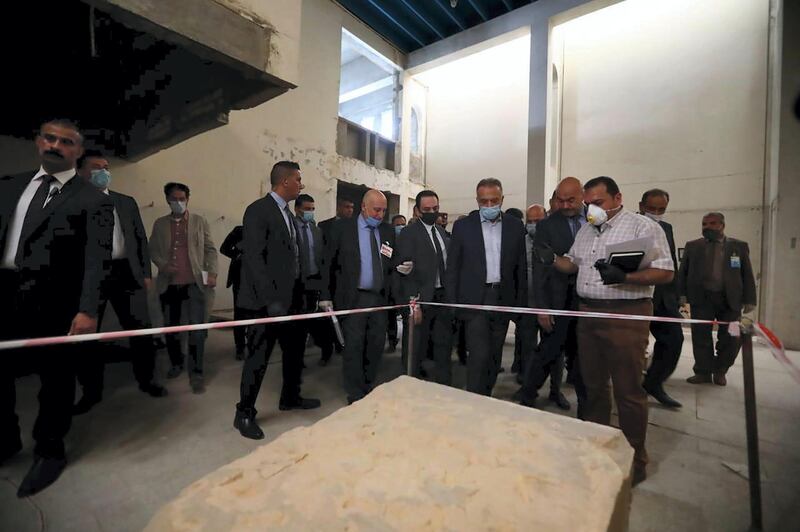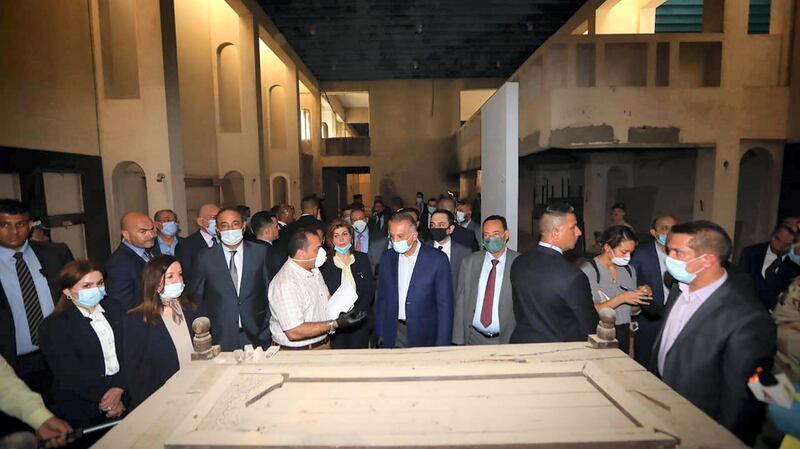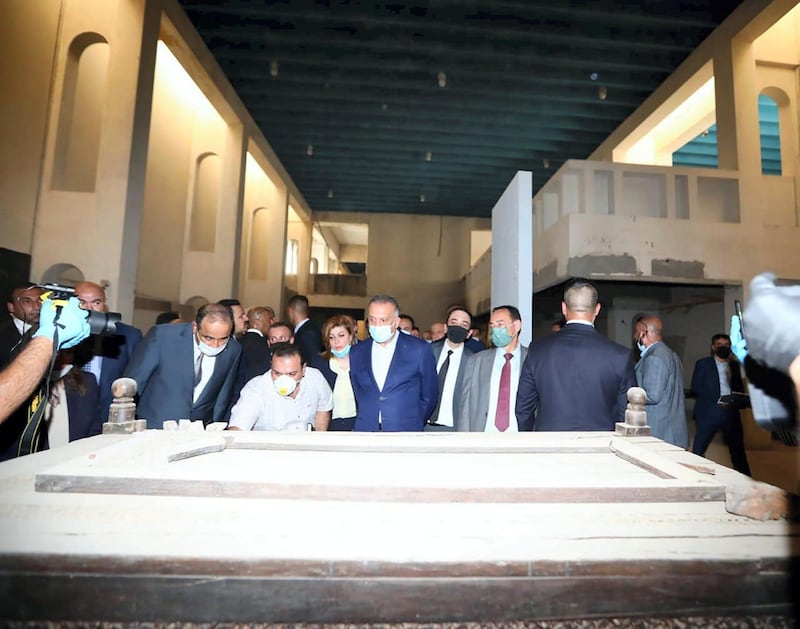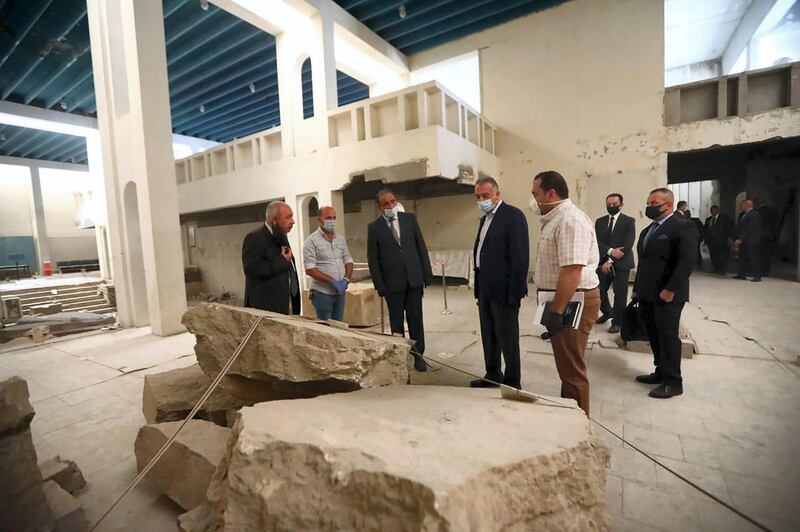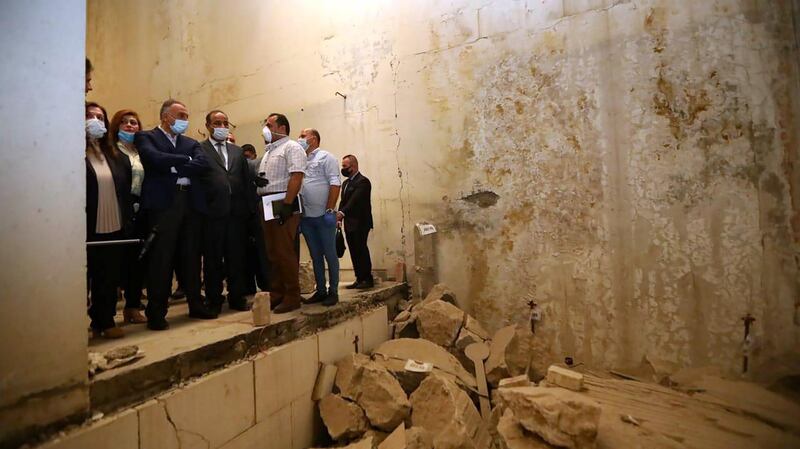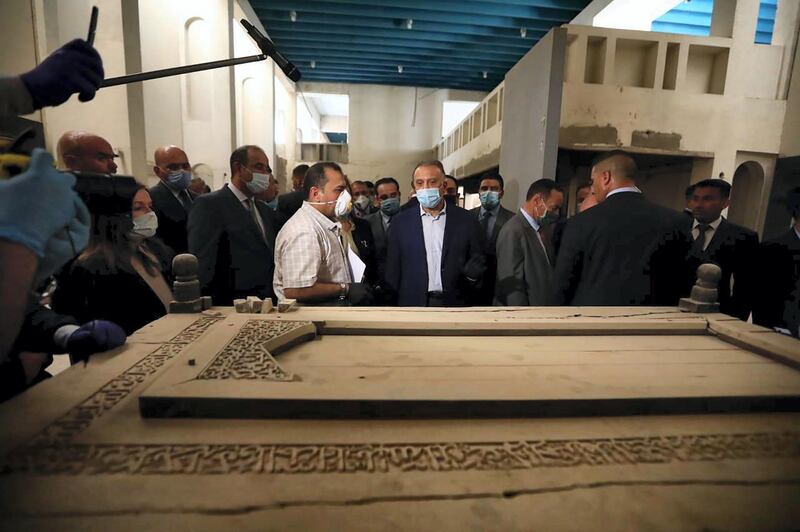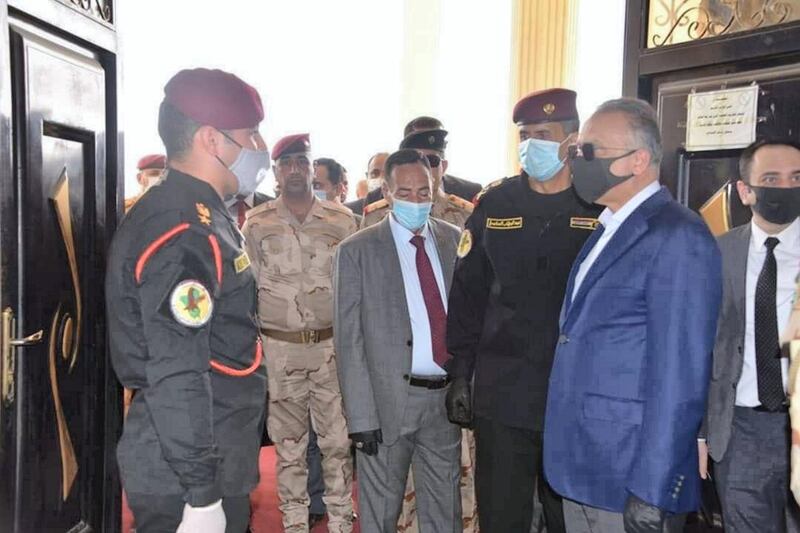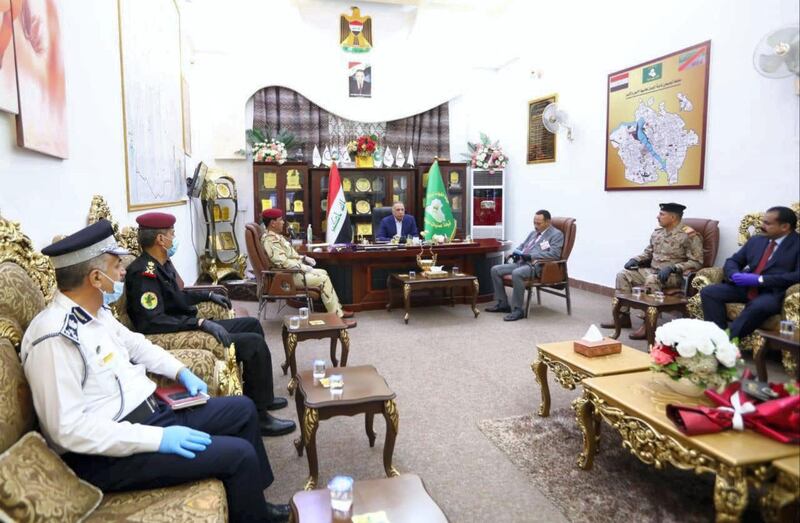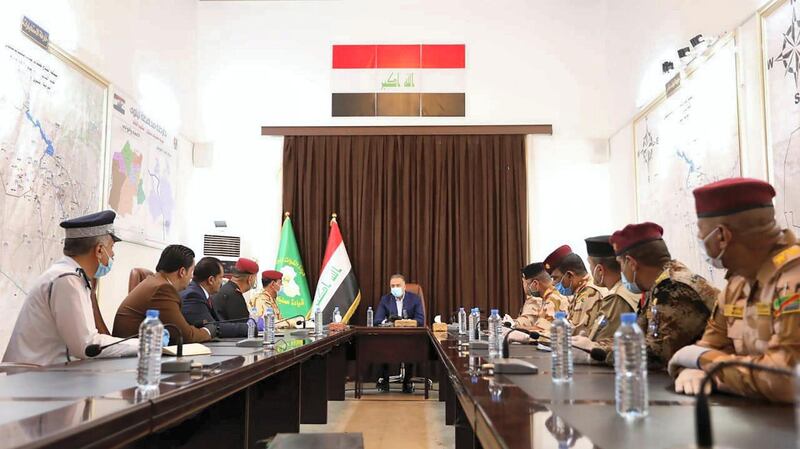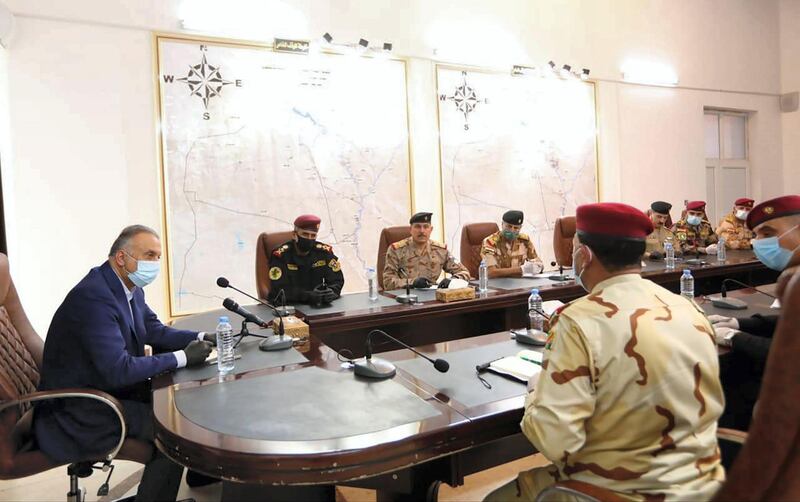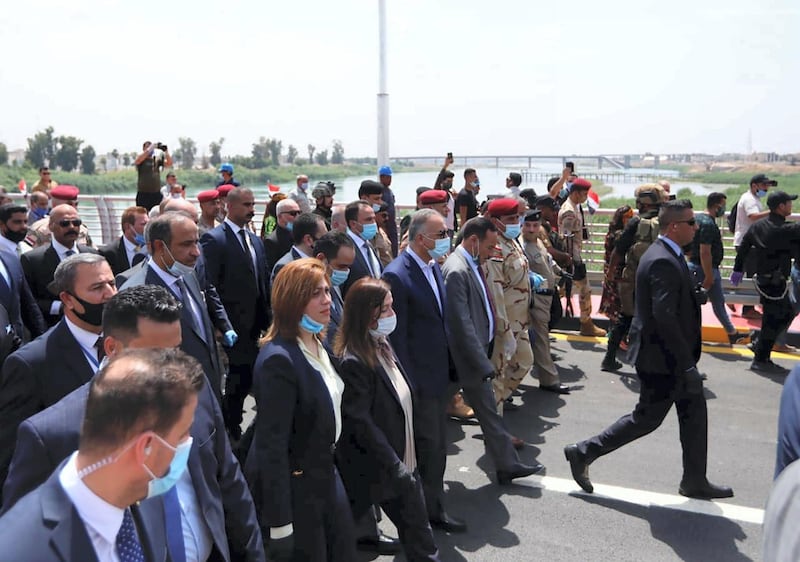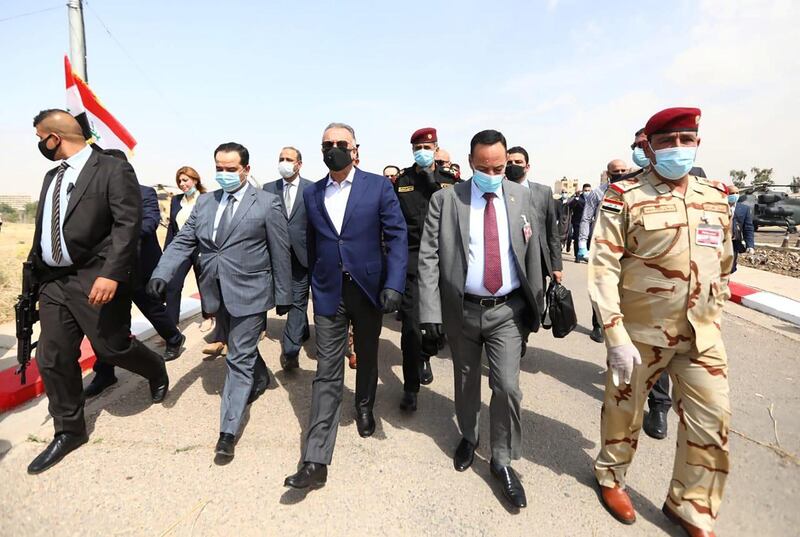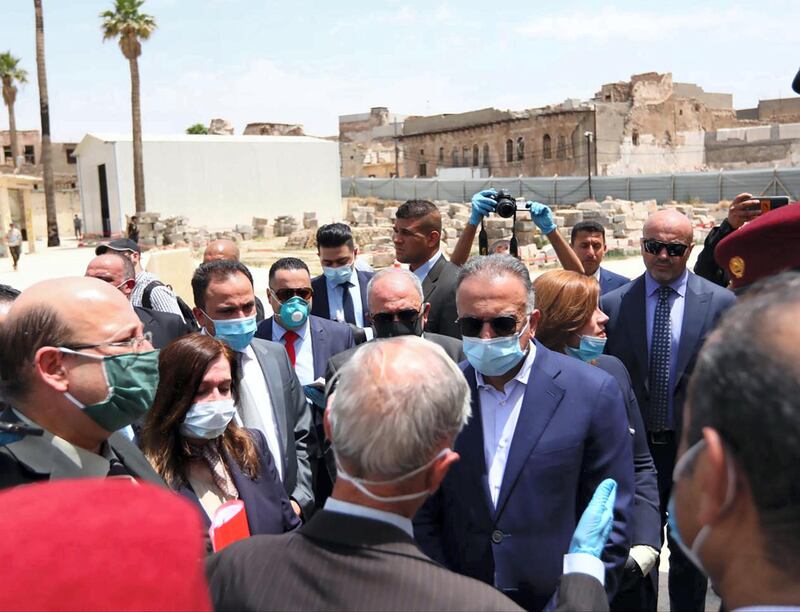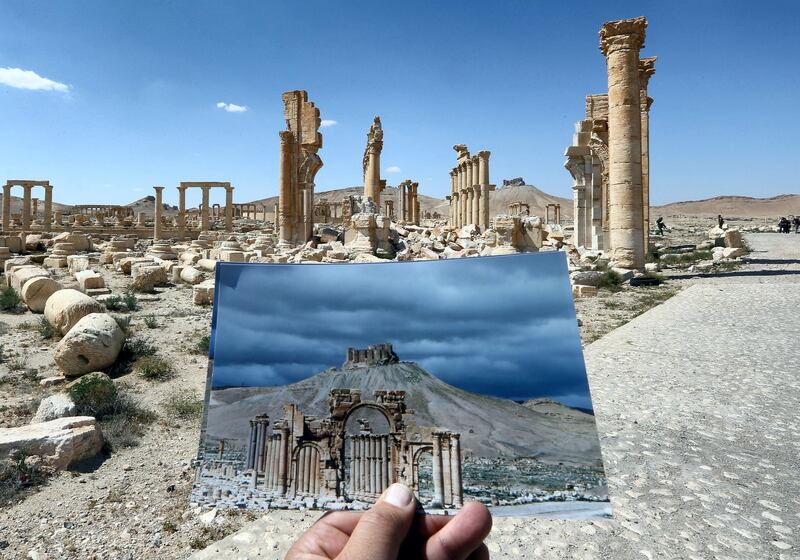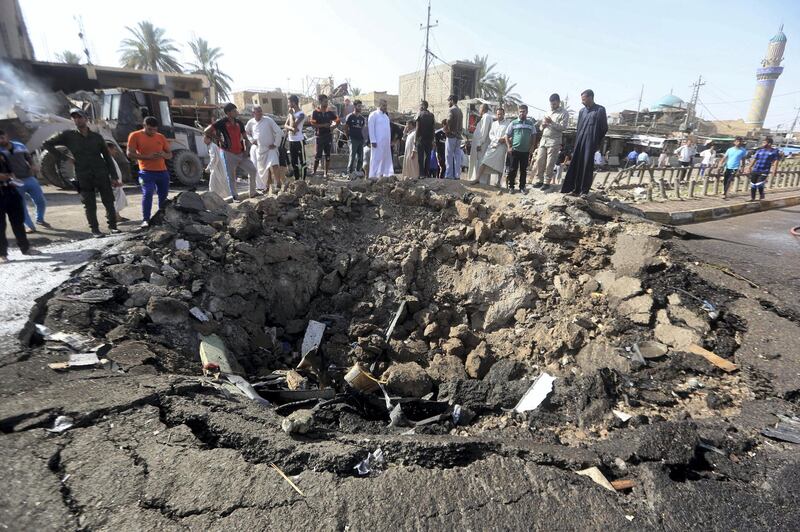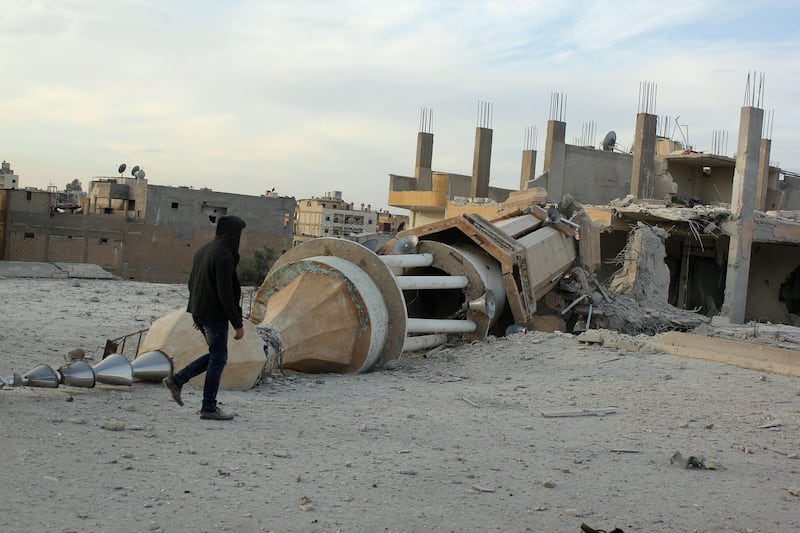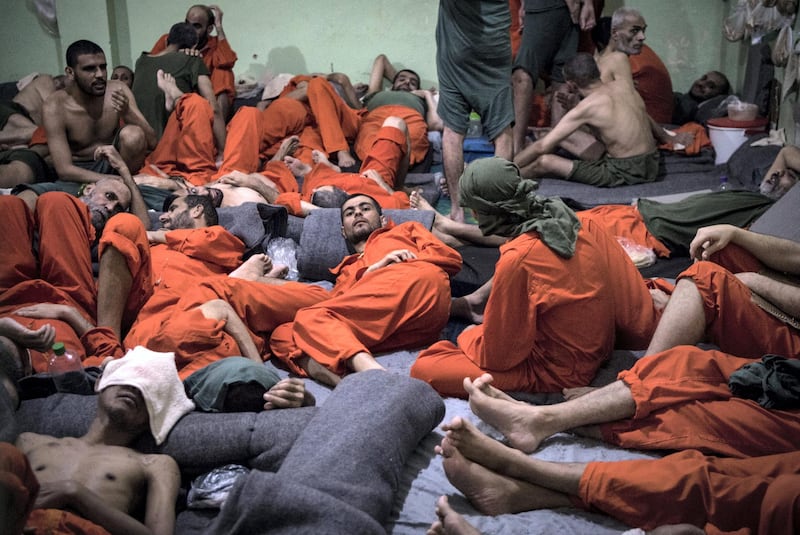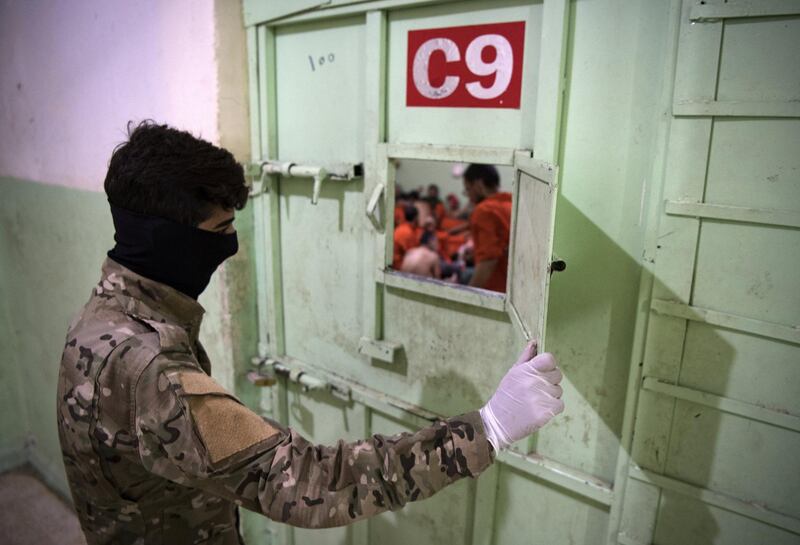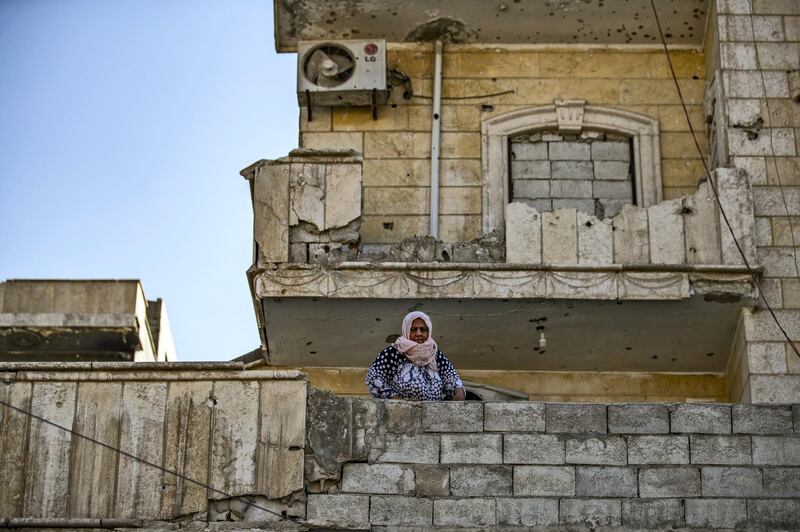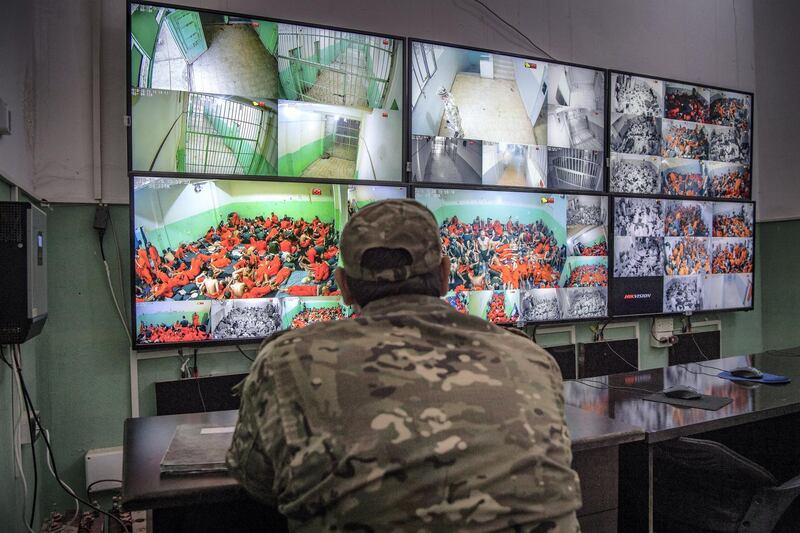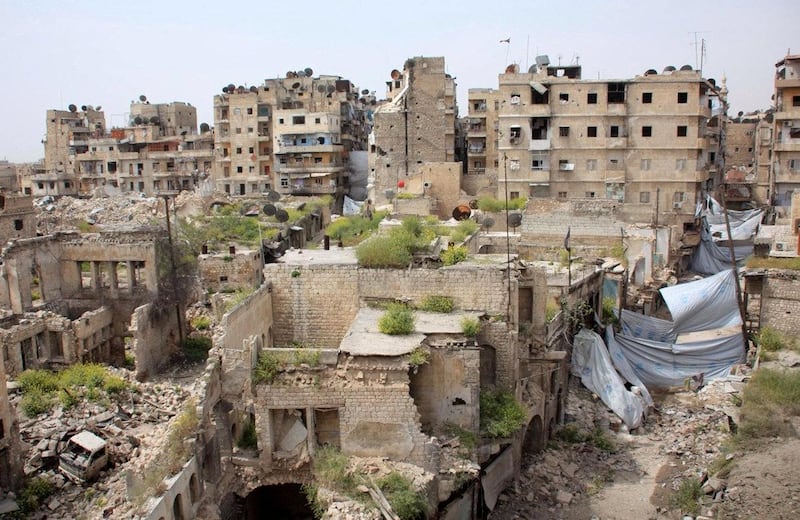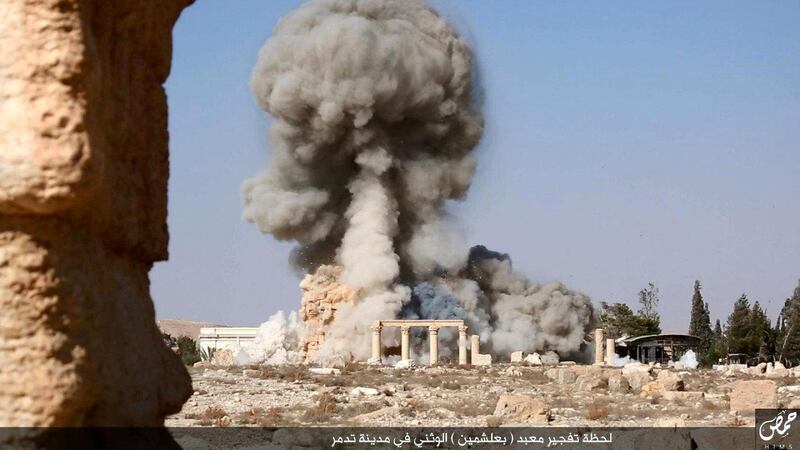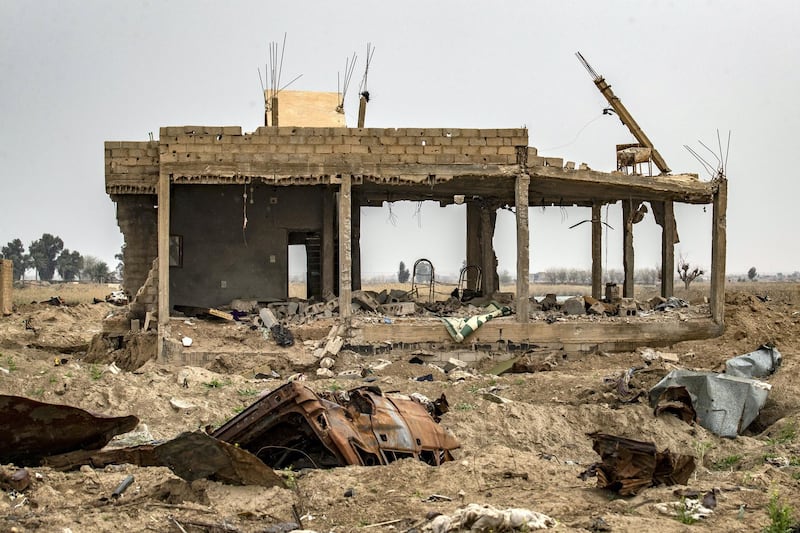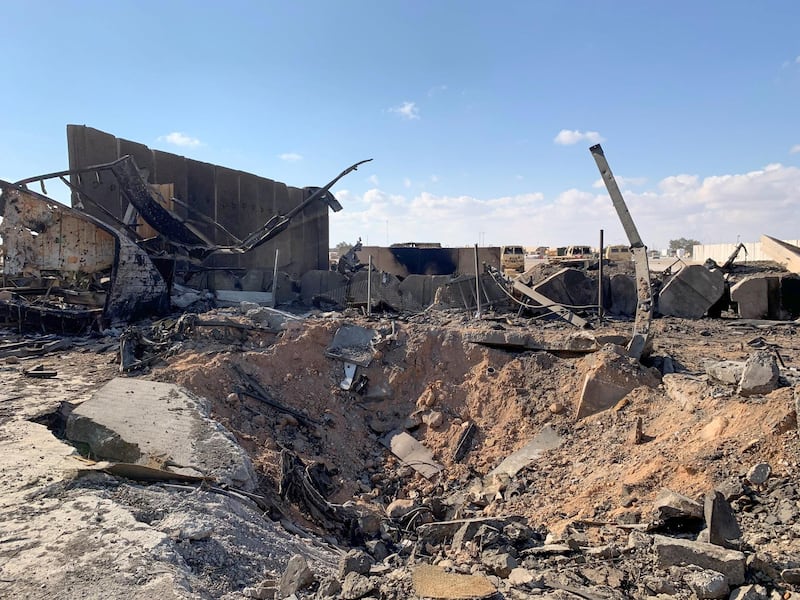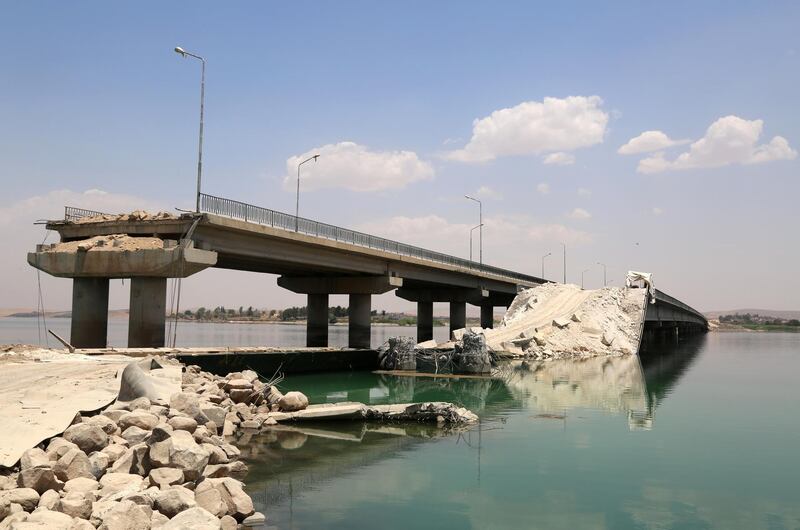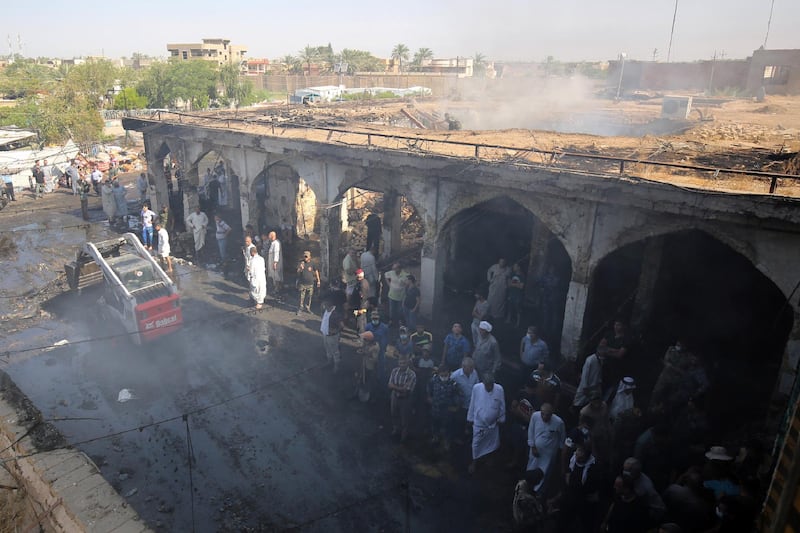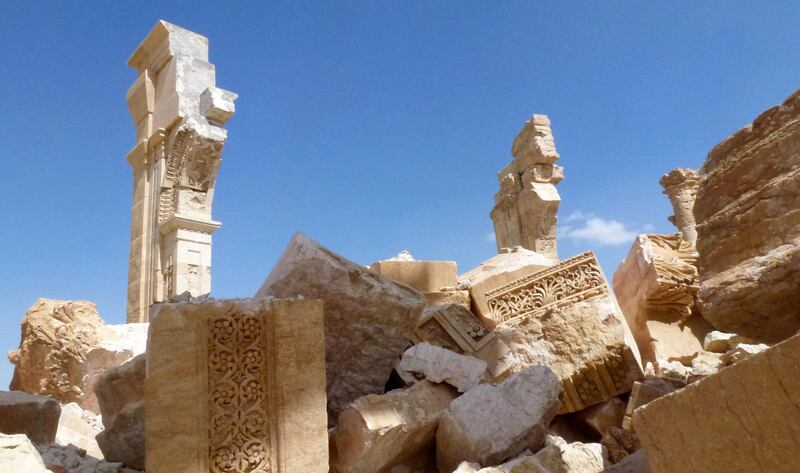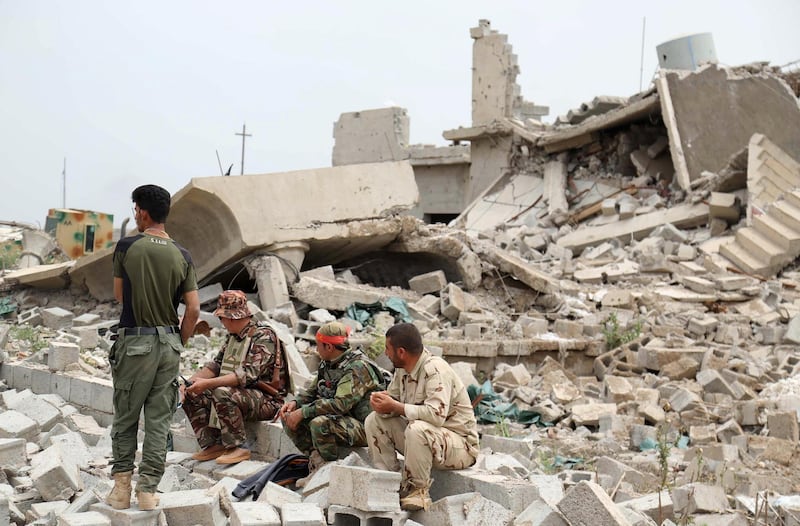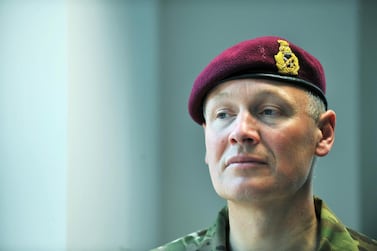Lt Gen Sir John Lorimer was questioned about the security issues the Middle East faced by countries currently involved in conflict.
He was asked about their status and how problems could be resolved
Iraq
The new Prime Minister, Mustafa Al Kadhimi, has had a good start and got a cabinet together. That’s really positive.
But there’s a long list of things to sort out and Covid-19 is quite low down on the list.
You’ve got the economy, the internal politics, foreign relations and the threat of ISIS.
The Iraqis also realise that, despite great improvements in Iraqi and Kurdish security forces they still need support from the coalition. There’s still a role for the Nato mission. So much good co-operation has been conducted between the coalition and the Iraqis it would be devastating if that were lost.
Am I concerned about Iraq? Yes. I always am but I think the prime minister is in there with a great team. But there are challenges regarding who his neighbours are.
ISIS
We must not lose sight of the threat ISIS poses and not convince ourselves that it’s all done and dusted. Iraq’s prime minister knows that. We have to work for the lasting defeat of ISIS that will help sustain a peaceful future.
We’ve seen a bit of an uptick in activity. There have been some attacks, it has seized the opportunity in some places to attack Iraq security forces who are doing some very good operations that are taking the fight to ISIS.
This is not just a military matter it’s about dealing with the conditions that led to the rise of ISIS, trying to prevent those conditions rising again.
The coalition led by the Americans has been extremely successful and it’s an important tool for defeating ISIS.
Syria
The UK is pretty clear that it needs a lasting resolution that protects all rights of all civilians. We support the UN process and long-term political settlement.
We do not believe that Syrian President Bashar Al Assad is capable of delivering lasting peace in Syria given the atrocities his regime has committed. What we do welcome and recognise are reports that the regime will return to constitutional talks. That will be another nudge on the route to a long term political settlement. But it is complex and really difficult.
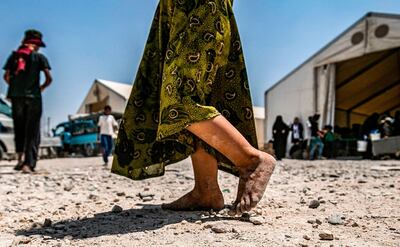
Libya
Libya is complex if it were just the Libyans trying to sort out their future.
If they could try to sort out the future by themselves that would be great; at the moment there have been other people involved and that makes it more complex. In particular there have been reports about Turkey and what it has been doing.
If you throw in the humanitarian aspect and Covid-19 into a conflict environment where the healthcare system is under pressure anyway, then that’s a nightmare and a catastrophic scenario that will be horrendous for Libyans.
We want a ceasefire and political talks led by the UN. It’s really important for the region, for Europe and Britain itself.
Yemen
We are really concerned about the ongoing conflict and humanitarian crisis in Yemen.
Cholera, locusts and now Covid-19, Yemen has suffered hugely.
We support the peace process led by Martin Griffiths [UN Special Envoy for Yemen]. We would urge all the parties to support the peace process and engage constructively in it. A political settlement is the only way to bring long-term stability to the region and to address the humanitarian crisis. There’s no military solution to it.
If the fighting stops it will allow the world engage in these humanitarian issues.
